OU News
News from The Open University
- Home
- Category: Space
Category: Space
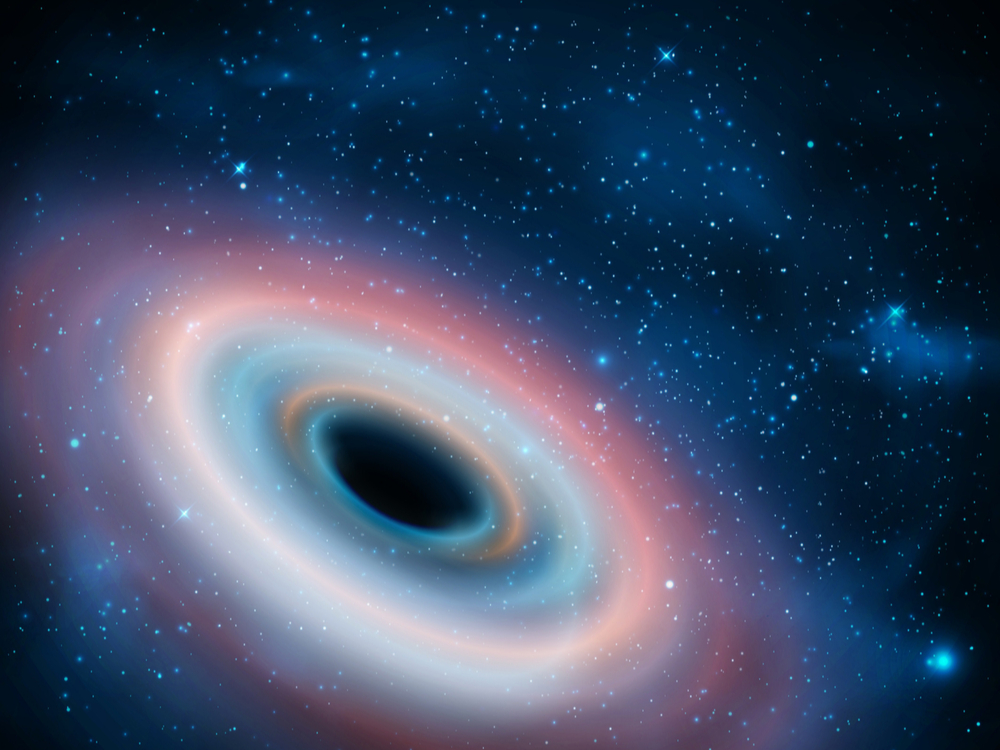
Astronomers think they’ve just spotted an “invisible” black hole for the first time
By Adam McMaster, Research Student at The Open University and Prof of Astrophysics Education Andrew Norton, at The Open University Astronomers famously snapped the first ever direct image of a black hole in 2019, thanks to material glowing in its presence. But many black holes are actually near impossible to detect. Now another team using […]
Read more about Astronomers think they’ve just spotted an “invisible” black hole for the first time
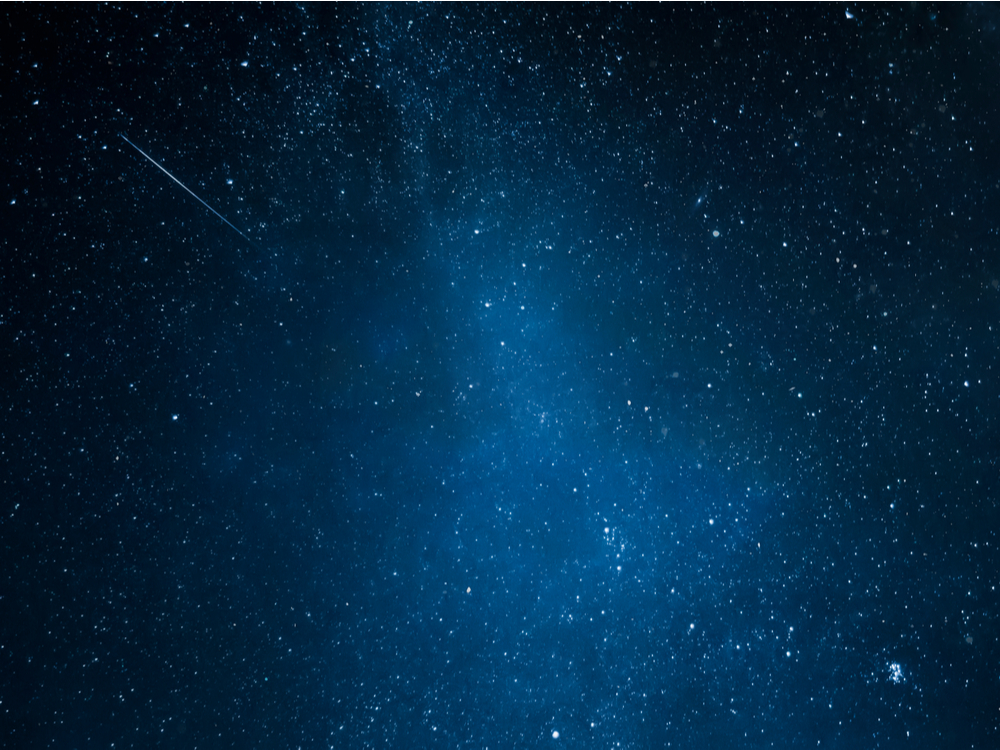
Asteroid sharing Earth’s orbit discovered – could it help future space missions?
David Rothery, Professor of Planetary Geosciences at The Open University writes for The Conversation about the asteroids that share Earth’s orbit. Research has shown that the Earth trails an asteroid barely a kilometre across in its orbit about the Sun – only the second such body to have ever been spotted. It goes round the […]
Read more about Asteroid sharing Earth’s orbit discovered – could it help future space missions?

Rogue planets: how wandering bodies in interstellar space ended up on their own
Dr Joanna Barstow Eberhardt, Ernest Rutherford Research Fellow at The Open University writes for The Conversation about rogue planets. We now know of almost 5,000 planets outside the Solar System. If you were to picture what it would be like on one of these distant worlds, or exoplanets, your mental image would probably include a parent […]
Read more about Rogue planets: how wandering bodies in interstellar space ended up on their own
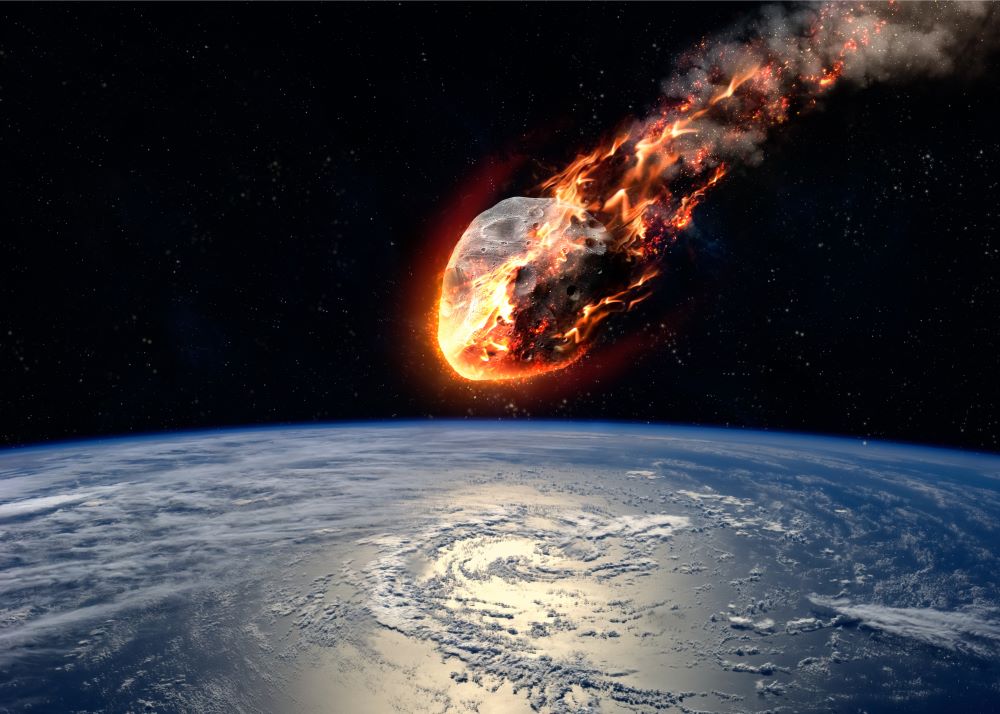
Don’t look up: several asteroids are heading towards Earth – here’s how we deal with threats in real life
Monica Grady, Professor of Planetary and Space Sciences at The Open University writes for The Conversation about the new Netflix film, “Don’t Look Up” and what would happen if this happened in real life. Don’t look now – but we are currently experiencing a rash of stories about a forthcoming global catastrophe. But in a […]
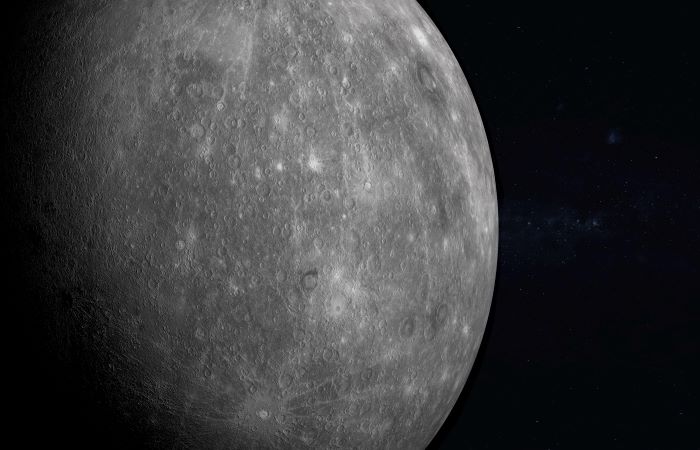
BepiColombo’s first close-up pictures from 200km above Mercury hint at answers to the planet’s secrets
Written by David Rothery, Professor of Planetary Geosciences at The Open University. The BepiColombo spacecraft – a joint project by the European and Japanese space agencies – swung by its destination planet Mercury in the early hours of October 2 2021. Passing within just 200km of the surface of Mercury, it sent back some spectacular pictures. For those […]
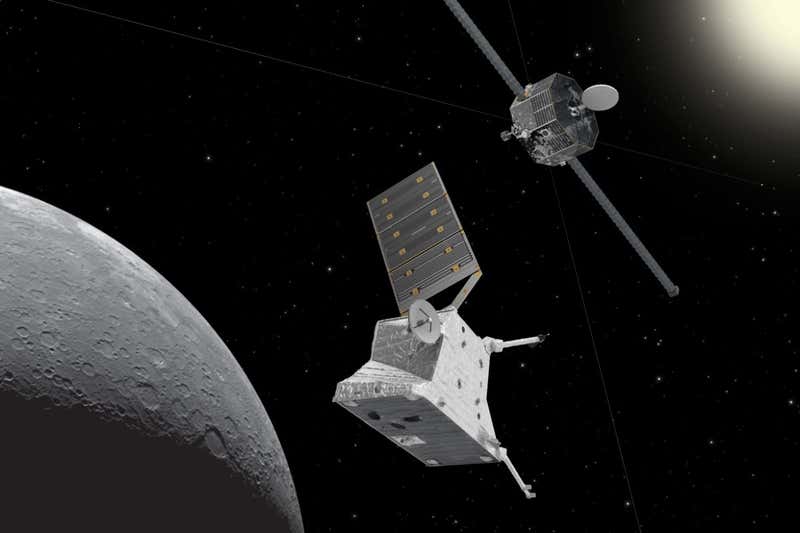
OU scientist hails space probes first close-up pictures of Mercury
The joint European (ESA) and Japanese (JAXA) Space Agencies’ mission BepiColombo swung past its destination planet Mercury at only 200 km above the surface in the early hours of 2 October and sent back some spectacular pictures. David Rothery, Professor of Planetary Geosciences at The Open University has been closely associated with the mission for […]
Read more about OU scientist hails space probes first close-up pictures of Mercury

OU academics get funding for Mars research
Martians may be the preserve of 20th Century science fiction writers but planetary scientists are still fascinated with Mars and the possibility that primitive life-forms once existed – and if evidence of that remains today. Now two Open University academics have been awarded combined funding of over £200,000 to help unlock the secrets of the […]
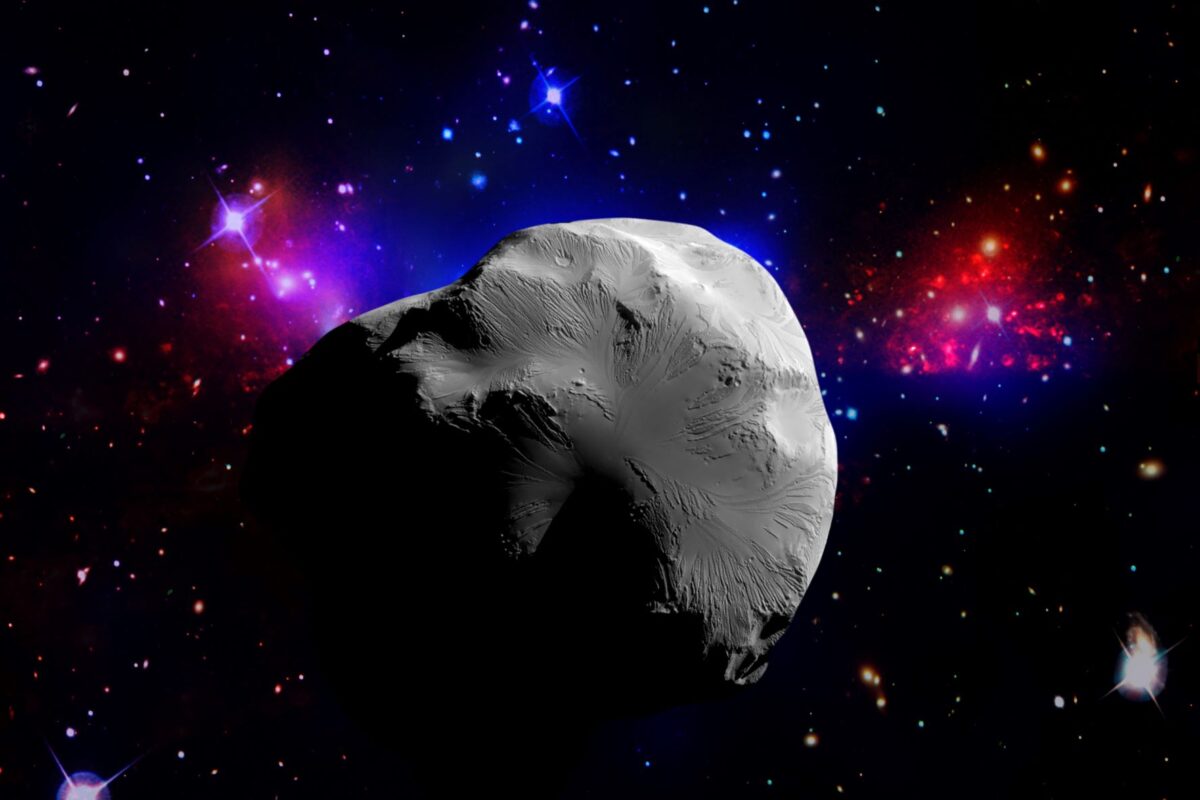
Asteroid is officially named after The Open University
Academics in the School of Physical Sciences are celebrating after learning that an asteroid situated more than 126 million miles from Earth has finally been named after The Open University. Two years ago, professors Simon Green and Andrew Norton set out to name asteroid number 69423 ‘Openuni’ in celebration of the 50th anniversary of the […]
Read more about Asteroid is officially named after The Open University

OU astronomer part of international team that captures galaxies in ultra-high definition
An international team of astronomers have published the most detailed images ever seen of galaxies beyond our own, revealing their inner workings and black-hole activity in unprecedented detail. The images were created from data collected by the Low Frequency Array (LOFAR), a network of more than 70,000 small antennae spread across nine European countries. The […]
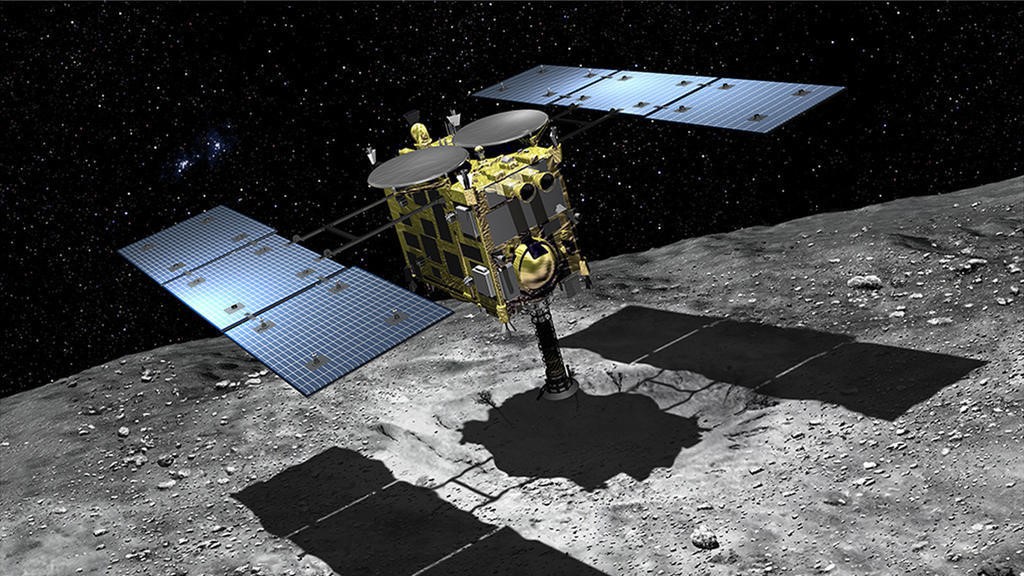
Open University lab final destination for extraterrestrial samples that could reveal secrets of the Universe
Scientists from The Open University have today taken delivery of pristine samples from an asteroid which could reveal the secrets to how our Solar System formed. The spacecraft ‘Hayabusa2’ launched by JAXA (Japan Aerospace Exploration Agency) in December 2014 travelled over 5 billion kilometres before flying past the Earth in December 2020 to deliver its […]
Page 2 of 17